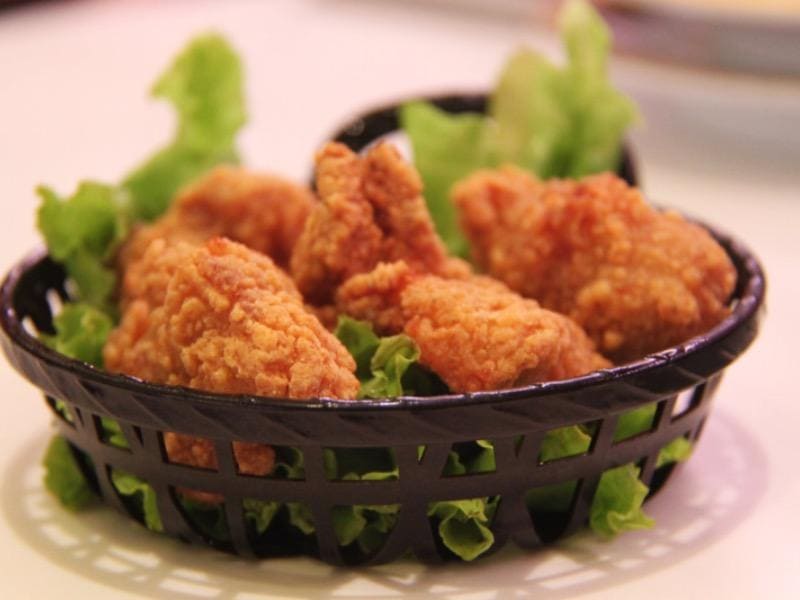Earlier in October 2020, KFC Indonesia surprised consumers with a new concept store that instantly went viral on social media and attracted long lines of waiting visitors in its opening day. It is called Naughty by Nature, a dining space that interestingly combines KFC’s chicken with healthy meals. Here, we break down its resonance with Indonesian consumers’ changing eating lifestyle in the face of the Covid-19 pandemic.
Healthier indulgence without the guilt
Many people are figuring out ways to stay healthy amidst the pandemic, from home workouts to eating more fruit and vegetables. For many Indonesian consumers, however, maintaining a healthy eating lifestyle doesn’t necessarily mean that they need to commit to a strict diet regime or that they can no longer enjoy tasty flavors. Getting the right nutrition without sacrificing the happiness and the pleasure of digging into comfort food is still essential for them.
Naughty by Nature explicitly delivers such a message through its name and tagline ‘Pleasure Without Guilt’. It creates a space for consumers to have salads where KFC’s famous finger-licking Original Recipe chicken is still the star. Their signature menu includes the chicken with a choice of fresh vegetable salads, such as sweet potato, kale Caesar, roasted potato and zucchini gratin on the side. In addition to salads, the healthy eatery also serves gourmet dishes such as chicken tacos, pasta, and even the local favorite meal ayam geprek (crushed crispy fried chicken with sambal chili spices on top).
These dishes are resonating with the shift away from comfort food, particularly fast food in this case, as a guilty pleasure to a healthier and a more flexible sense of indulgence that plenty of Indonesians value. During quarantine, consumers turn to comfort food to help them navigate challenging times and yet many of them are also becoming increasingly health-conscious. The fact that a fast food chain like KFC that has traditionally promoted an image of instant gratification at the expense of health to suddenly pivot to offer an indulgent healthy lifestyle choice is a testament that brands are becoming more creative in addressing consumers’ needs during covid-19 times.
Healthy lifestyles are still a trend, not yet a reckoning
Having said that, it’s important to consider what ‘a healthy lifestyle’ means for local consumers and the reasons why they adopt it. Over the last decade, Indonesia has seen quite a significant rise in vegan, vegetarian, and plant-based brands – from eateries such as Burgreens, Honu and Berrywell to cold-pressed juice bars such as Re.juve and Naked Press. Many of these brands communicate the benefits of adopting a more health-conscious lifestyle in terms of physical wellbeing, environmental sustainability, and animal welfare.
Yet it’s worth pointing out that local consumers who adopt a green lifestyle may not always be doing so out of their health or environmental consciousness. Many of those who dine in the aforementioned eateries may simply come for the experience. For example, Naughty by Nature is situated within a contemporary building with minimalist grey interiors and green plant accents, giving the space an Instagrammable atmosphere. Not only that this greatly contrasts the typical design for fast food outlets, Naughty by Nature’s contemporary landscape evokes a sense of exclusivity and experience that taps into the urban lifestyle. In line with this, the concept store is also strategically located at the heart of Jakarta’s hip neighborhood of Senopati, an iconic hotspot for trendy and upscale dining spaces.
Like many of its preceding healthy eateries, Naughty by Nature thus sells the image of ‘lifestyle dining’ to attract consumers, perhaps more than the message of healthy eating itself. Ultimately, it’s not enough for local brands to merely communicate health benefits without framing them as part of a trendy lifestyle. At the same time, these troubling times may exactly be the opportunity that healthy food brands have been waiting for to reach a wider consumer base.


